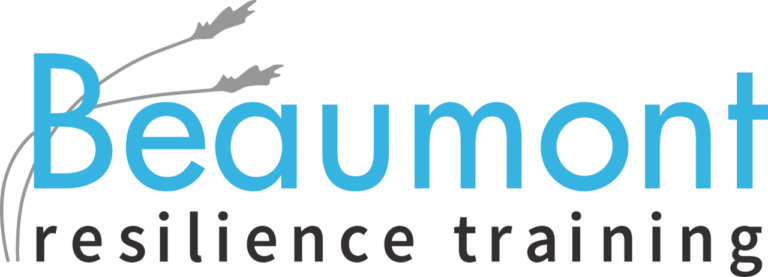
Life, with its myriad twists and turns, often throws challenges our way that can leave us feeling overwhelmed and emotionally drained. In the face of trauma and adversity, the journey toward healing can seem like an uphill battle. However, emerging as a beacon of hope is the concept of Resilience Training, offering individuals a powerful tool to navigate and overcome life’s most profound challenges.
Understanding Resilience Training
Resilience training is not a one-size-fits-all solution but rather a versatile approach to building inner strength and coping mechanisms. It is particularly relevant for individuals dealing with trauma or adversity. The core principle lies in empowering individuals to bounce back from setbacks, adapt to change, and grow in the face of adversity.
The Impact of Trauma
Trauma, whether stemming from a singular event or prolonged adversity, can have profound effects on an individual’s mental, emotional, and physical well-being. It can disrupt one’s sense of safety, shake the foundations of trust, and leave a lasting imprint on one’s worldview. Coping with trauma requires a holistic approach that addresses not only the immediate aftermath but also focuses on long-term healing.
Resilience as a Healing Mechanism
Resilience, often described as the ability to recover from or adjust to adversity, is not an innate trait but a skill that can be developed through training. Resilience training provides individuals with a toolkit of strategies and coping mechanisms, enabling them to better navigate the complex emotional terrain that trauma brings. It serves as a guiding light, offering a path toward recovery and empowerment.
Building a Resilient Mindset
One key aspect of Resilience Training is cultivating a Resilient mindset. This involves reframing negative thought patterns, developing a sense of self-efficacy, and fostering optimism. Participants learn to view challenges as opportunities for growth rather than insurmountable obstacles. This shift in perspective is crucial in the journey toward healing from trauma.
Empowering Through Connection
Another vital component of Resilience Training is the emphasis on social support and connection. Trauma can often lead to isolation, intensifying feelings of loneliness and despair. Resilience training encourages individuals to build and nurture supportive relationships, creating a network of understanding and empathy. Connection becomes a powerful force that aids in the healing process.
Mindfulness and Resilience
Mindfulness practices are frequently integrated into Resilience Training. Techniques such as meditation and deep breathing exercises help individuals stay grounded in the present moment, preventing them from being overwhelmed by past trauma or anxious about an uncertain future. Mindfulness serves as an anchor, fostering emotional regulation and providing a sense of control.
Bottom Line
Resilience training offers a path to healing for individuals dealing with trauma or adversity. Elevate your life with Resilience Training at Resilience Training UK. Explore comprehensive courses in wellbeing, employee Resilience Training, and online resilience coaching. Transform challenges into opportunities with our expert resilience coach training. Visit us at Resilience Training UK and embark on a journey of personal and professional growth.
